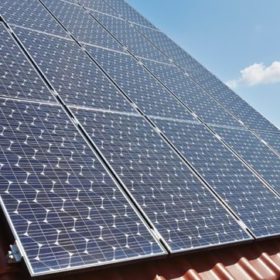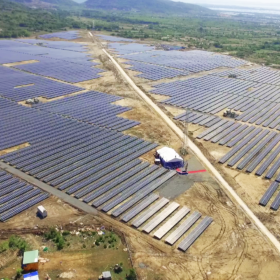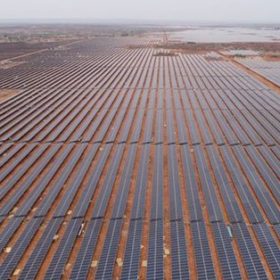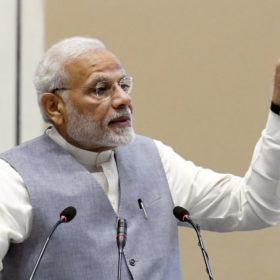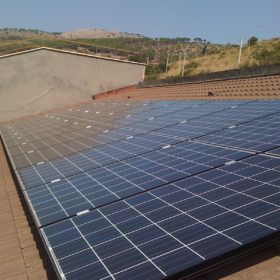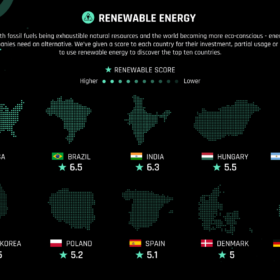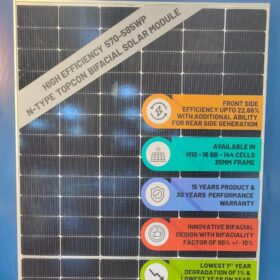Gujarat extends solar power policy till December 31
The state’s Solar Power Policy 2015 was due to expire since April 1, 2020. With a 9-month extension, solar power plants installed and commissioned till December end become eligible for the benefits and incentives declared under this policy.
India’s renewable energy revolution serves as a model for the world
The country—aiming for a renewable power target of 450 GW by 2030—has emerged as the world’s largest and most competitive clean energy auction market.
REIL tenders residential rooftop solar in Bihar
Bids are invited to set up an aggregate 1 MW grid-connected rooftop solar capacity in residential sector across various locations in Bihar. The projects—in sizes of 1 kW to 10 kW and beyond 10 kW—are to be set up in turnkey mode. Bidding closes on July 8.
Solar costs have fallen 82% since 2010
The levelized cost of energy generated by large scale solar plants is around $0.068/kWh, compared to $0.378 ten years ago and the price fell 13.1% between 2018 and last year alone, according to figures released by the International Renewable Energy Agency.
Bridge To India lowers renewable outlook for 2020-24
The Indian renewable energy market is poised for a significant contraction during the five-year period due to weakening power demand growth, deteriorating financial condition of Discoms and further constraints in debt financing.
Modi calls for a rooftop-solar-powered city in every state
The prime minister again emphasized the need for India to develop a domestic solar manufacturing industry and also urged officials to get on with plans to make Ladakh carbon-neutral.
Three signs that battery energy storage is mainstream today
With the inclusion of battery energy storage into new building codes and safety standards, it’s obvious just how mainstream storage is today.
Italian homeowners can now install PV systems for free
The Italian government has raised the tax breaks it offers for building renovations and energy-requalification projects – potentially including storage-backed rooftop PV systems – to 110%. The new measure is part of the Relaunch Decree, which is a package of guidelines aimed at reviving the Italian economy in response to the Covid-19 crisis.
India’s new solar capacity addition to fall by 23% in 2020
Capacity additions will, however, rebound in 2021 to exceed 2019 levels as the majority of delayed solar projects come online.
India ranks third on renewable energy investment
The country earned a score of 6.3 on a 10-point scale on the basis of its investment, partially usage or plans to use renewable energy in the near future—in a study by UK based analytics firm British Business Energy. The USA ranks first with a score of 7, followed by Brazil at 6.5.


